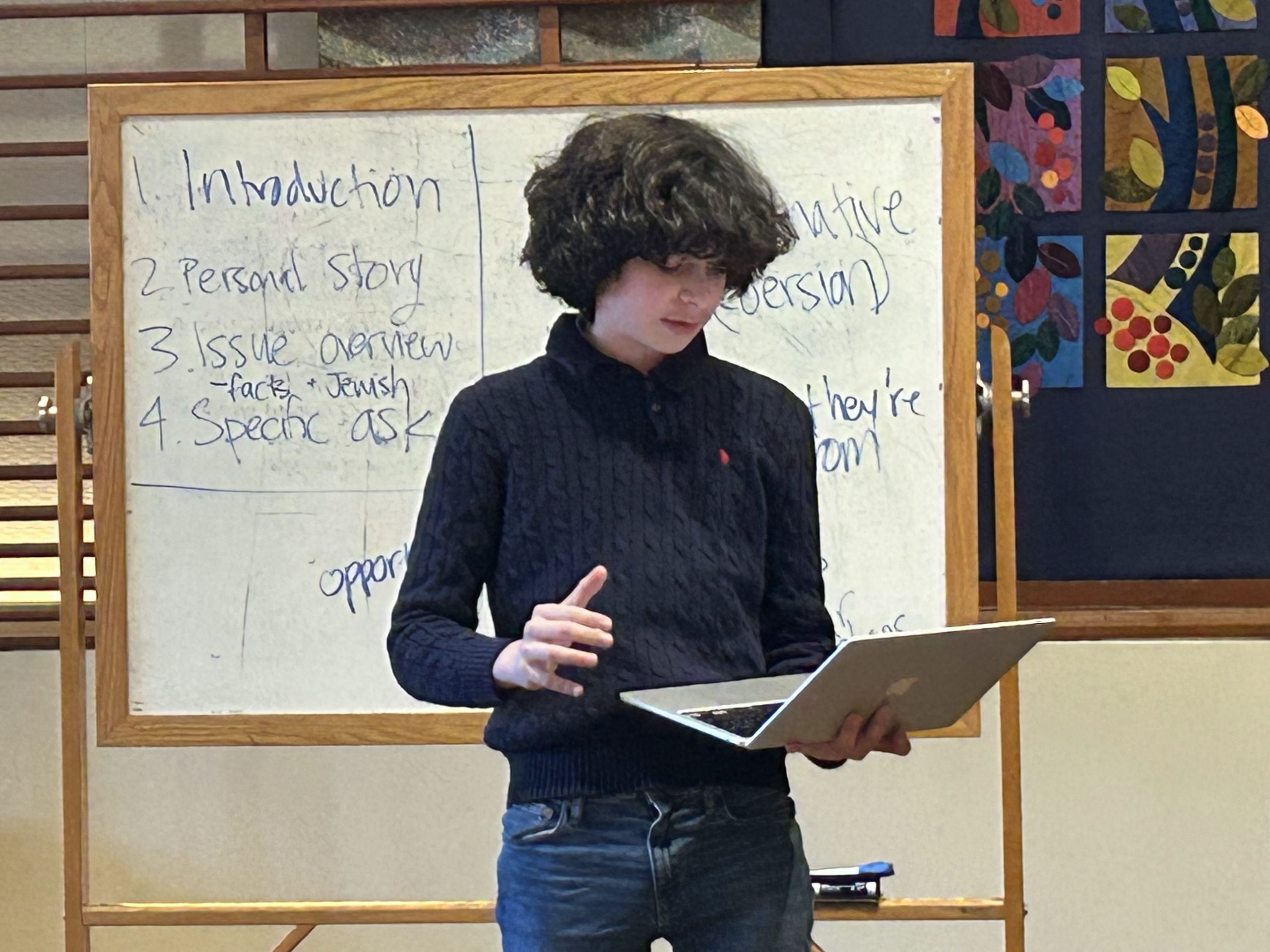Written by Rabbi Ilana C. Garber, Director of Global Rabbinic Development, Rabbinical Assembly
Transitions are rarely easy but they can be easier when done with intention. As July brings with it the winds of change in our congregations and communities, our USCJ/RA partnership is at its best when we support our professional and lay leaders in their new positions. Those first 100 days are crucial as we set goals and desired outcomes, study our organization’s budget in order to interpret its priorities, and meet as many people as possible.
This year’s Eit Ratzon (the annual professional development offered by the Rabbinical Assembly to support rabbis in new positions) has expanded. We will include rabbis of all ages, stages, and career areas, as well as the lay leaders with whom we partner, so that we can all start the year from a place of strength. It’s with this strong partnership that we ensure our transitions will be as smooth as possible.
In Pirkei Avot we read the famous statement of Ben Bag Bag who taught, “Turn it and turn it [the Torah], for everything is in it.” In Hebrew the words for “turn it and turn it” are hafokh bah va’hafokh bah. They aren’t the easiest words to say, but I thought it would have been a great title for this year’s transition workshops for rabbis and lay leaders in new positions, because that’s exactly what we are all doing. Whether we’ve been working in non-profit organizations for decades, we’ve volunteered on many boards, or we’re brand new out of rabbinical school, this year is (yet again) a year of pivoting, turning, and returning.
Ben Bag Bag is offering us a challenge and an opportunity to shift our perspectives as we work together to enhance member engagement, youth and adult education, ritual and prayer, donor development, leadership recruitment, social justice initiatives, Israel relations, and so much more.
As we approach our work together, ask yourself how we can shift (or pivot…or turn!) our perspectives. Ask how we might view our roles and relationships – our sacred work together – as holy work. Your new rabbi is not simply a new employee; they are a spiritual leader. Your new lay leaders are not simply worker bees; they are the future of your organization. Together you will shape the vision, fulfill the mission, and envision the future.
May this transition be as easy, as productive, and as sacred as possible.







